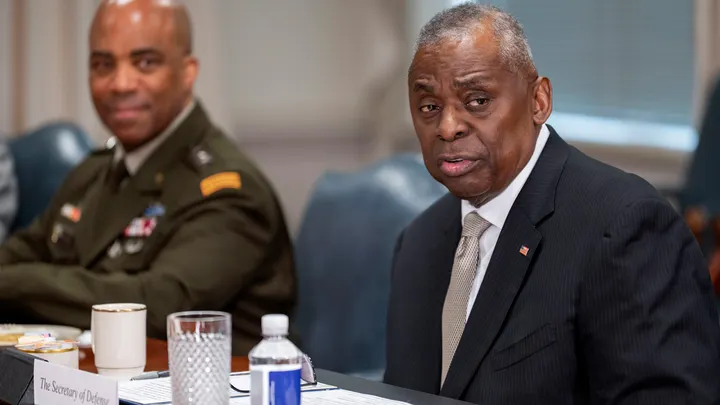In a recent unfolding of events, the Pentagon finds itself in a crucial dialogue with Nigerien officials to secure the continued presence of U.S. troops within the country. This effort follows a directive issued by the ruling military junta in Niger, demanding the departure of American forces. This mandate has raised concerns over the future of significant U.S. counterterrorism operations in sub-Saharan Africa. The base in Niger has been a pivotal point for such operations, and its potential evacuation poses a threat to the stability and effectiveness of the United States’ efforts in the region.
Last week, a delegation of high-level U.S. officials, including Assistant Secretary of State for African Affairs Molly Phee, Assistant Secretary of Defense for International Security Affairs Celeste Wallander, and the head of U.S. Africa Command Gen. Michael Langley, was dispatched to Niger. Their mission was to engage with military junta members in discussions described by Pentagon deputy press secretary Sabrina Singh as “lengthy and direct.” These talks were partly driven by concerns regarding Niger’s potential engagements with Russia and Iran. Singh voiced apprehension, stating, “We were troubled on the path that Niger is on.”
The situation escalated when Col. Maj. Amadou Abdramane, a spokesperson for the junta, labeled recent U.S. flights over Niger as illegal, further intensifying the dispute. Insa Garba Saidou, a local activist working with Niger’s military rulers, echoed this sentiment, firmly stating that “The American bases and civilian personnel cannot stay on Nigerien soil any longer.”
Despite these challenges, U.S. officials remain steadfast in their diplomatic efforts. The Pentagon acknowledged the junta’s announcement regarding terminating the status of forces agreement with the United States. Sabrina Singh highlighted the ongoing diplomatic endeavors to seek clarification and resolve the issue, emphasizing, “These are ongoing discussions, and we don’t have more to share at this time.”
This confrontation comes at a time when the junta has been tightening its grip on Niger since the ousting of the country’s democratically elected president in July and the subsequent expulsion request directed at French forces. The U.S. has maintained a significant military presence in Niger, with around 650 troops stationed there as of December, underscoring the strategic importance of the base for operations in the Sahel region.
As the U.S. grapples with the possibility of losing a vital foothold in Niger, the implications for counterterrorism efforts in the Sahel are profound. The United States’ commitment to supporting local ground troops and conducting surveillance operations, albeit with adjustments following the 2017 incident where U.S. troops were killed, demonstrates the critical nature of its operations in the region.
The unfolding situation in Niger represents a delicate balancing act for the United States as it navigates the complexities of international diplomacy, security interests, and the challenges posed by an increasingly assertive junta. The resolution of this dispute will have significant ramifications for U.S. strategic interests in Africa and its ability to combat terrorism in one of the most volatile regions in the world.







